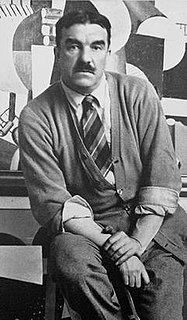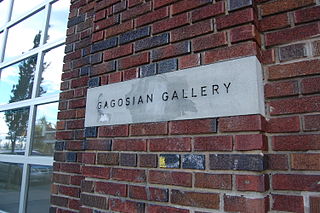A Quote by Fernand Leger
Even a part of an object has value. A whole new realism resides in the way one envisages an object or one of its parts.
Related Quotes
Well, think of what I’m doing to you right now. For me I’m the self, and you’re the object. For you, of course, it’s the exact opposite—you’re the self to you and I’m the object. And by exchanging self and object, we can project ourselves onto the other and gain self-consciousness. Volitionally.” “I still don’t get it, but it sure feels good.” “That’s the whole idea,” the girl said.
Obsessional prohibitions are extremely liable to displacement. They extend from one object to another along whatever paths the context may provide, and this new object then becomes, to use the apt expression of one of my women patients, 'impossible' - till at last the whole world lies under an embargo of 'impossibility'.
Object in/ and space - the first impulse may be to give the object - a position - to place the object. (The object had a position to begin with.) Next - to change the position of the object. - Rauschenberg's early sculptures - A board with some rocks on it. The rocks can be anywhere on the board. - Cage's Japanese rock garden - The rocks can be anywhere (within the garden).
Nobody really needs a painting. It's something you kind of create value for in a way that you don't with a company. It's an act of collective faith what an object is worth. Maintaining that value system is part of what a dealer does, not just making a transaction but making sure that important art feels important.





































